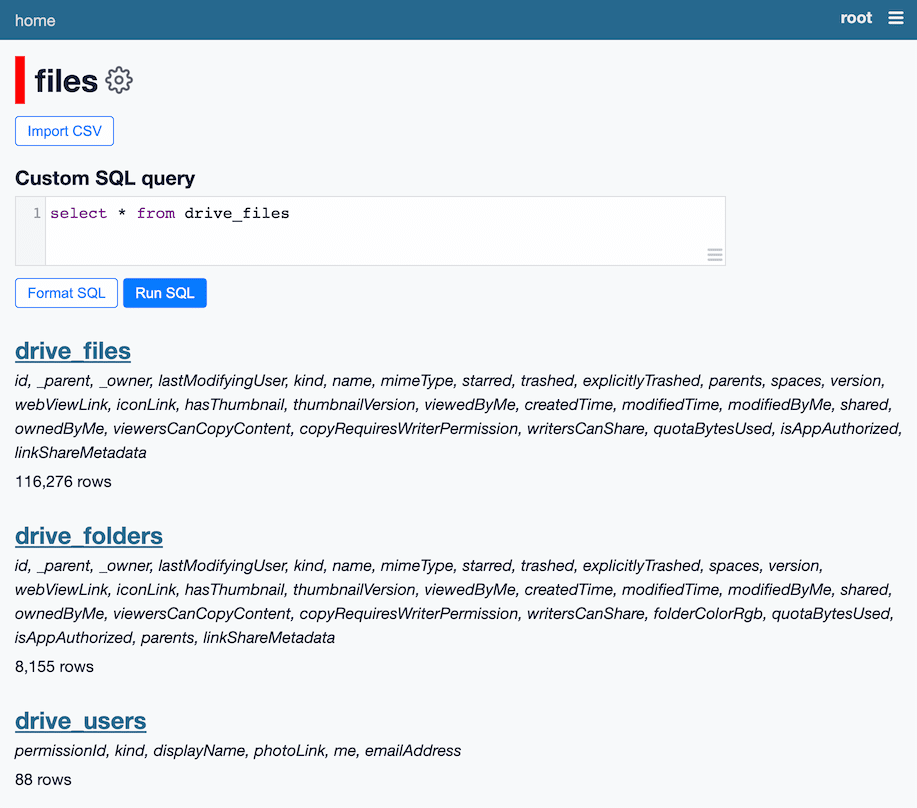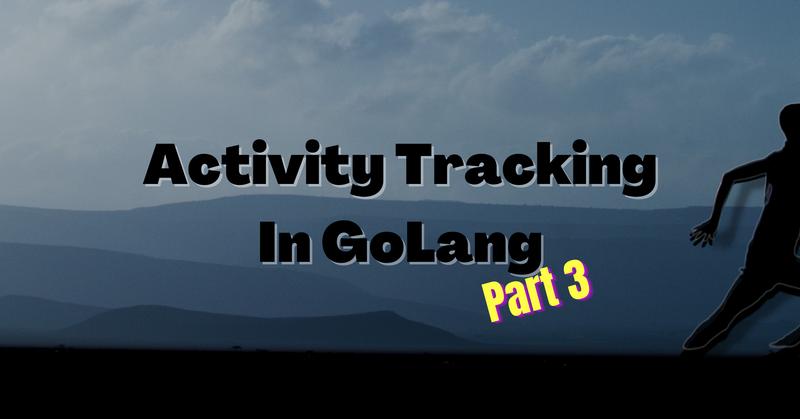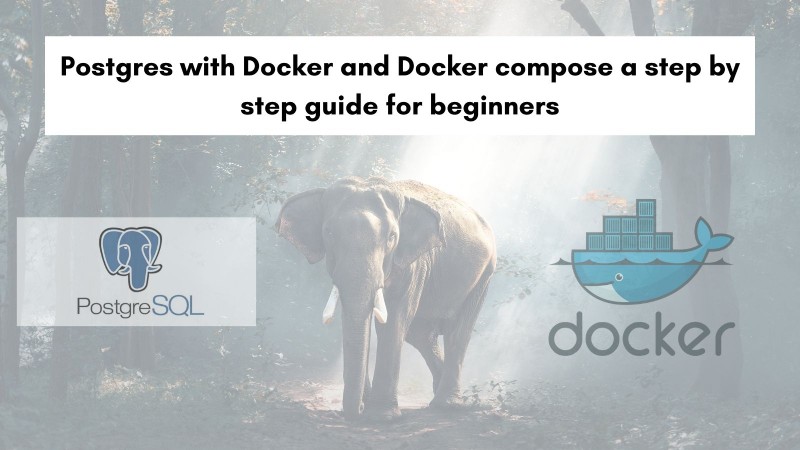"Why do you need a time series database inside a car?"
That's a good question. Sometimes I wonder if we've crossed the point where further complexification of cars doesn't yield much benefit. But let's continue.
"As automotive intelligence progresses, vehicles generate increasing amounts of time-series data from various sources. This leads to high costs in data collection, transmission, and storage. GreptimeDB's Integrated Vehicle-Cloud Solution addresses these issues by leveraging the advanced computational capabilities of modern on-vehicle devices. Unlike traditional vehicle-cloud coordination where vehicles are mere data collectors, this new approach treats them as full-fledged servers capable of running complex tasks locally. The evolution from 32-bit microcontrollers to powerful chip modules like Qualcomm's 8155 or 8295 has enabled intelligent vehicles to perform edge computing efficiently, reducing transmission costs and improving overall efficiency."
"GreptimeDB is a cloud-native time-series database built on a highly scalable foundation. However, we did not initially anticipate it running on edge devices such as vehicles, which has presented significant challenges."
"The first challenge is resource usage constraints. GreptimeDB runs in the vehicle's cockpit domain controller and must minimize CPU and memory usage to avoid interfering with infotainment systems."
"The second concern is robustness; GreptimeDB collects critical diagnostic metrics from the CAN bus, so any crashes could result in data loss."
"CAN" here stands for "controller area network" and is a data bus inside vehicles that replaces masses of wires that go directly from components to other components -- it allows any "electronic control unit" (ECU) connected to the bus to communicate with any other.
"Lastly, unlike servers in datacenters, vehicle-based GreptimeDB operates under various conditions -- frequent power cycles, fluctuating ADAS data rates due to changing road traffic, etc. -- and needs to adapt while remaining stable and efficient."
"ADAS" stands for "advanced driver-assistance systems".







